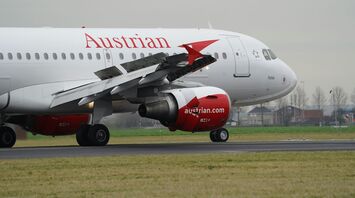Dutch Supreme Court Upholds Decision on Schiphol Airport Capacity Reduction

In a recent ruling, the Supreme Court of the Netherlands upheld a decision from the Amsterdam District Court regarding Schiphol Airport's capacity regulations. The court found that the experimental regulation to reduce the airport's capacity did not comply with the internationally-recognized Balanced Approach to noise management.
The International Air Transport Association (IATA) welcomed the Supreme Court's decision. IATA Director General Willie Walsh stated, "We welcome this decision from the Supreme Court, affirming the original decision of the Amsterdam District Court that the unilateral cuts to flight numbers at Schiphol were unlawful."
This ruling is significant as it emphasizes the importance of adhering to the Balanced Approach, a globally accepted method for managing airport noise. This approach balances the benefits of air connectivity with the need to mitigate noise impacts on local residents. The Balanced Approach is also enshrined in EU law and international treaties, underscoring its critical role in airport management.
Interestingly, Schiphol Airport is one of the busiest airports in Europe, serving over 70 million passengers annually. This makes effective noise management essential to maintaining a balance between the airport's operational needs and the quality of life for residents in the surrounding areas.
The ruling is expected to influence the new Dutch Government's handling of airport noise management and may set a precedent for other governments considering deviations from the Balanced Approach. Walsh added, "We hope any other government thinking of disregarding the Balanced Approach will take note of this decision. It is a proven and successful process and should not be ignored."
With this decision, Schiphol Airport can continue to operate under regulations that ensure both the prosperity of air travel and the welfare of the surrounding communities. The international aviation community will be watching closely to see how this ruling impacts future airport noise management policies globally.



















